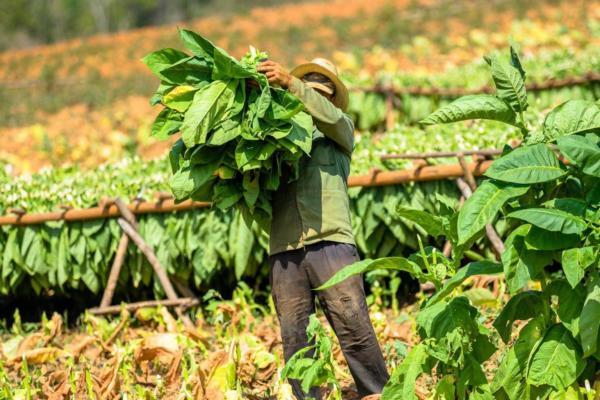Africa-Press – Malawi. The Reserve Bank of Malawi (RBM) has rolled out a multi-pronged strategy aimed at protecting foreign exchange reserves and stabilising the kwacha as the tobacco season winds down.
RBM spokesperson Boston Maliketi Banda said the bank’s measures are designed to move Malawi away from seasonal forex dependence to a more durable foundation.
Among the interventions, RBM has reduced the mandatory export surrender requirement from 30 to 25 percent to boost production, introduced an electronic forex tracking system to curb illicit trading, and strengthened compliance oversight for authorised dealer banks.
“We are also formalising mineral revenue streams and linking financial institutions with the private sector to finance export-oriented production. These policies are meant to sustain a stable exchange rate and gradually strengthen our import cover,” Banda said.
The announcement follows a strong July performance, when Malawi’s trade deficit narrowed to $173 million (K303 billion)—the lowest in months—while forex reserves climbed to $607.7 million (K1 trillion), equivalent to 2.4 months of import cover. Tobacco sales alone have earned $525.4 million (K921.5 billion) in 24 weeks.
But challenges remain. RBM data show Malawi recorded a cumulative trade deficit of $1.6 billion (K1.7 trillion) between January and June 2025, up 15 percent from the same period last year. Economists caution that once tobacco sales end, the deficit could widen again.
“This is temporary relief,” warned Scotland-based economist Velli Nyirongo. “Without structural reforms and export diversification, Malawi risks sliding back.”
Government says efforts are underway to address this. Ministry of Trade and Industry spokesperson Patrick Botha said the National Export Strategy II prioritises crops such as macadamia, legumes, maize seed, coffee, tea, and sugar, as well as tourism and transport services.
Malawi is also pursuing regional and international trade deals—including under SADC, COMESA, AfCFTA, and bilateral agreements with China and India—to secure predictable markets for non-traditional exports.
Together, RBM and government hope these interventions will anchor long-term forex stability, reduce trade imbalances, and make Malawi’s economy less vulnerable to seasonal shocks.
For More News And Analysis About Malawi Follow Africa-Press






